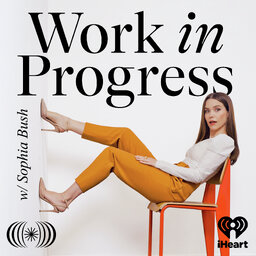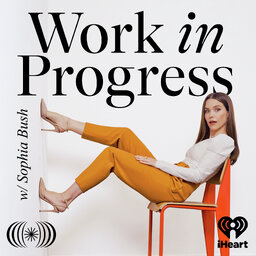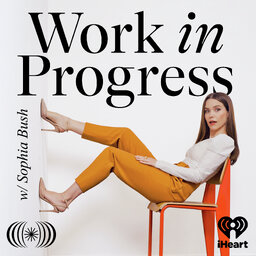Christopher H. Smith is a Clinical Professor in the School of Communication at USC's Annenberg School for Communication and Journalism where he also jointly runs the Media, Economics, and Entrepreneurship program. Also, he was Sophia’s favorite college professor! He joins “Work In Progress” to tell us what Sophia was like as a student, how he’s evolved his class over the years with the changing media and digital landscape, what makes media function as a business, the importance of not viewing everything through a U.S. centric lens, and more. Executive Producers: Sophia Bush & Sim Sarna Supervising Producer: Allison Bresnick Associate Producer: Caitlin Lee Editor: Josh Windisch Assistant Editor: Matt Sasaki Music written by Jack Garratt and produced by Mark Foster Artwork by Kimi Selfridge. This show is brought to you by Brilliant Anatomy.
 Work in Progress with Sophia Bush
Work in Progress with Sophia Bush


